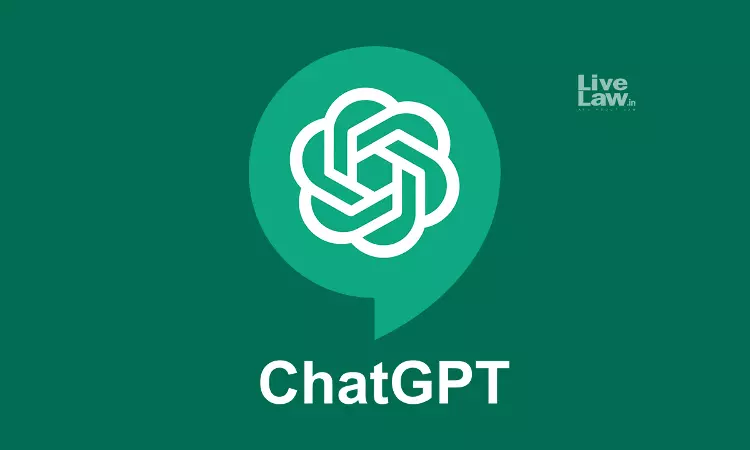Next Story
5 July 2025 10:39 AM IST
The Superior Court of Gwinnett County, Georgia, issued a ruling,granting summary judgment in favor of OpenAI, the developer of the AI chatbot ChatGPT. The case involved Mark Walters, a nationally known radio host and Second Amendment advocate, who filed a defamation claim after ChatGPT generated a false statement suggesting he was involved in embezzlement. The court headed by Judge...

